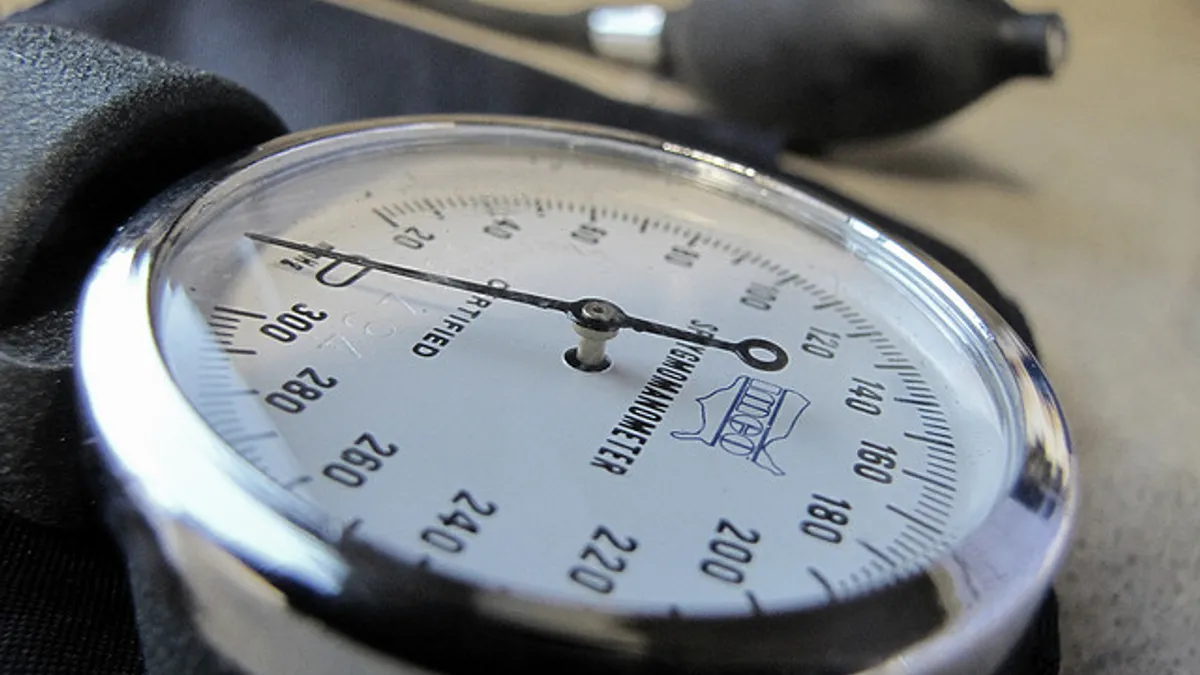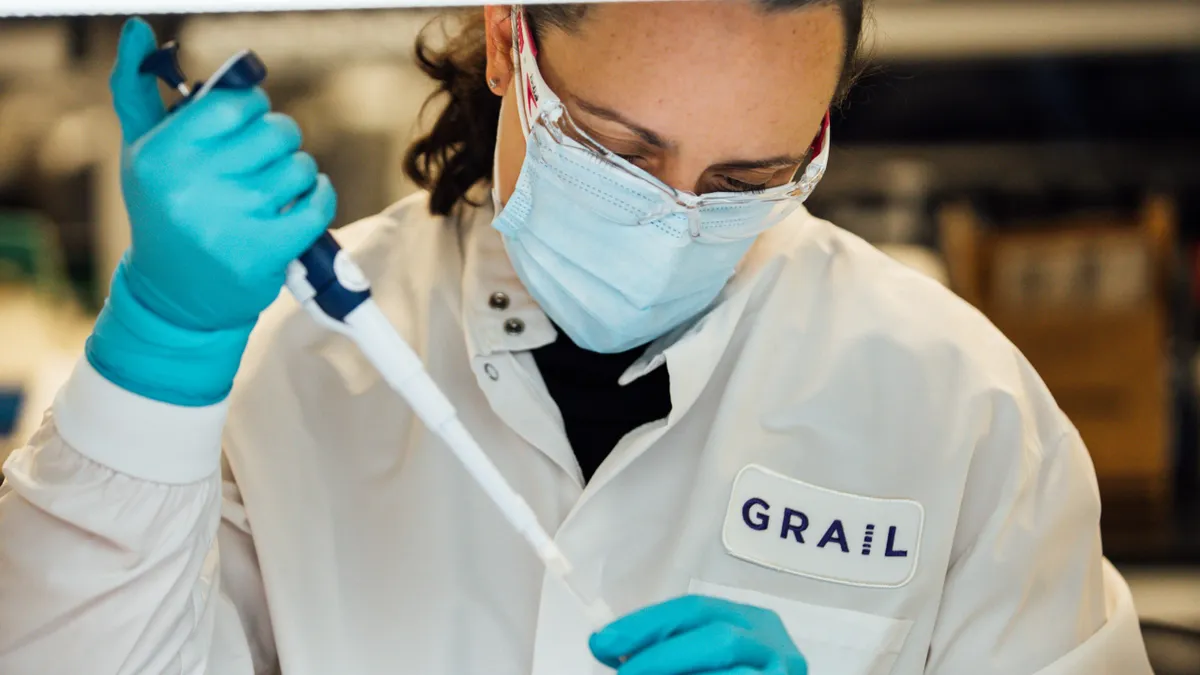Dive Brief:
-
Omada Health has added FDA-cleared, cellular-connected blood pressure cuffs and glucose monitors to its chronic disease management program.
-
Like rival Livongo, Omada seeks to improve health outcomes and lower costs for employers and health plans by giving people disease management tools and support.
-
Omada's expansion of its technology portfolio comes seven months after Livongo unveiled its own cellular-connected blood pressure cuff.
Dive Insight:
Omada has raised more than $120 million from investors including Cigna since it began operating in 2011. The startup set out with the goal of using technology to deliver diabetes prevention programs at scale. That focus has evolved and expanded over the years, leading Omada to offer programs designed to address a range of obesity-related conditions such as diabetes and hypertension.
Participants in Omada's programs are given a health coach, a wireless smart scale and tasks intended to improve their conditions and wellbeing. That prospect has attracted insurers such as Blue Cross Blue Shield of Michigan, which partnered with Omada and its rival Livongo last year.
Livongo frames its offering slightly differently than Omada does but the focus on using technology to deliver programs that improve outcomes and cut costs in chronic conditions including diabetes is the same. At the start of last year, Livongo introduced a hypertension program and followed it up later in 2018 with the introduction of a cellular-connected blood pressure cuff.
Omada moved into hypertension in June. Now, Omada has again followed Livongo's lead by making cellular-connected blood pressure cuffs available to participants in its programs who have been advised to self-monitor their blood pressure. Omada is also adding a glucometer and unlimited free test strips to its program. Livongo has a similar offer.
The addition of the devices will enable participants in Omada's programs to automatically upload data to their accounts. Participants can use the data to track their own progress over time. Omada also envisages the information helping participants' coaches offer better guidance to their charges. Participants and customers will retain the existing option to use their own devices.
By deploying technology to support their expansion into new diseases, Omada and Livongo hope to encourage employers and health plans to rely on them for more of their wellness schemes, rather than on patchworks of point solutions.










